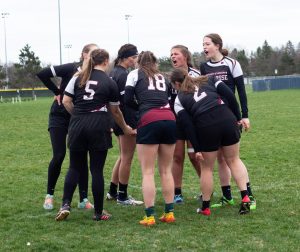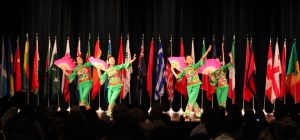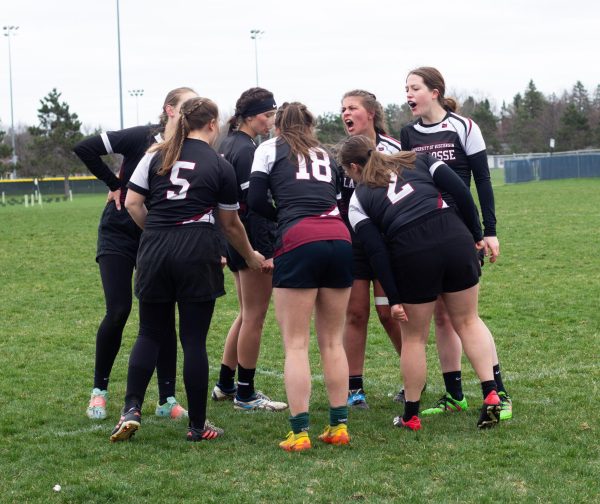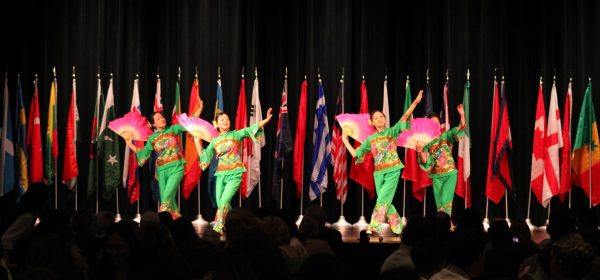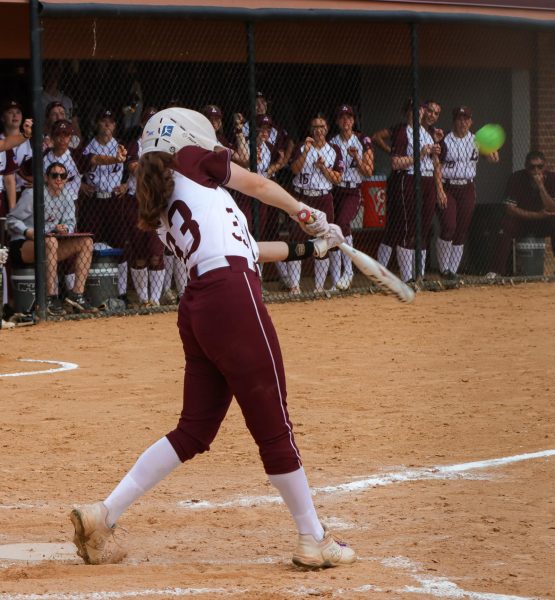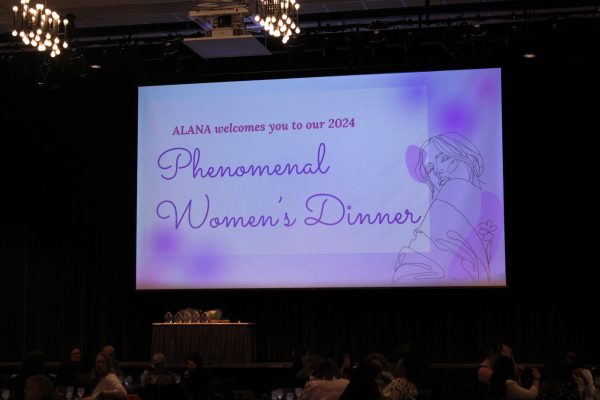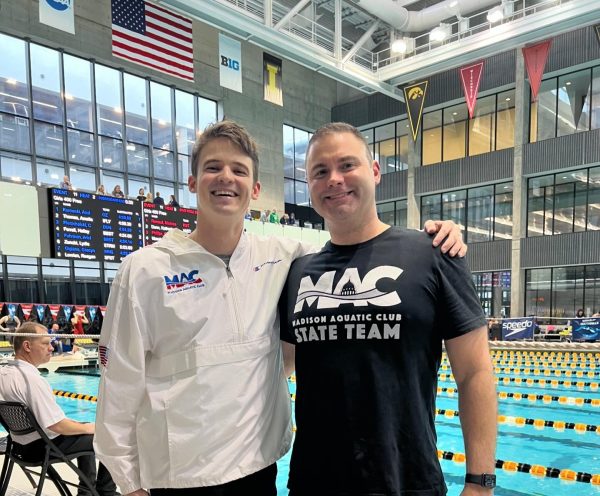Viewpoint: Gaming, The Next Big Professional Sport?
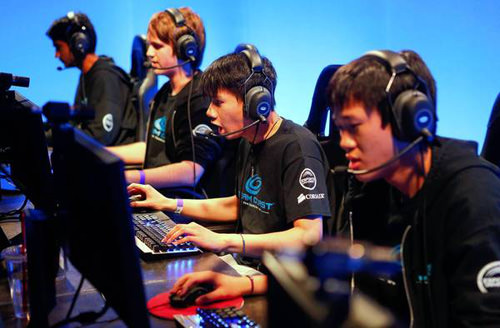
Retrieved from hongkiat.com
February 25, 2017
The realm of professional gaming (eSports) may not be in the mainstream spotlight yet but it’s rapidly approaching the masses as a popular sport and spectating event. eSports cover a wide range of games, but the most established game genres are real time strategy (RTS), first person shooters (FPS), MOBA (multiplayer online battle arena) and fighting.
The prize pools for major events in eSports give a prize pool of tens of millions of dollars for the winning teams. International and domestic viewers of eSports are a large and dedicated group that is even topping “traditional” sports. According to Lolesports.com, competitive MOBA League of Legends had more had 36 million unique viewers in their finals competition compared the most recent NBA finals which drew in 31 million viewers. The same League of Legends final sold out the LA Staples Center in less than an hour.
While the numbers are surprising, many people, possibly yourself included, may not even be aware of professional gaming or eSports. Although its relatively new in America, countries like China and South Korea have already established teams and competitions for decades in eSports. The new concept of professional gaming has failed to catch the eyes of major television stations which is a major reason for its availability to reach the masses. However, according to TIME magazine, there are current negotiations to bring eSports to ESPN with a new service launching soon.
There is a large amount of our population that doesn’t believe eSports are real “sports.” UW-L junior, Ty Rachu, stated “All they do is sit in a chair and play a video game. That’s not real a sport, they aren’t even moving their body most of the time.” While this statement may be “true” in that they aren’t running up and down a grass field, there is a lot more to the games than just clicking around. MOBA games like League of Legends and DOTA average 35-40 minutes per game of complete focus. These players during the game are giving vocal callouts, clicking more than 300 times per minute, and coordinating how to defeat the enemy.
In addition to this, the top players practice daily like other “traditional” sports. Competitors practice around 8-10 hours a day to remain on top. They skirmish against other teams to train for tournaments. They are paid salary on top of any prize winnings they get. They live and work with the other players and they get paid to travel to international locations and compete in stadiums for prize money. To say that these are not grounds for an eSports to be compared to “traditional” sports is false. They share almost all the same similarities besides the actual game being played.
Teams in eSports simply are not just the players playing the games, but is an entire organization. The top teams in the world have analysts, coaches, substitutes, team houses, brands, and more. Professional gamers are made up of a lot more than just a bunch of lazy kids with controllers and keyboards. The team members maintain the brand of the team they represent and most teams and individual players have dozens of major sponsors. They are true professionals at the top of their respective field and are adored by millions across the globe.
The fact that eSports has all the same components of a “traditional” sports makes it hard to say it’s not a real sport. While eSports may not be the first choice that we think of when we hear the word sport, it may be in future generations.



